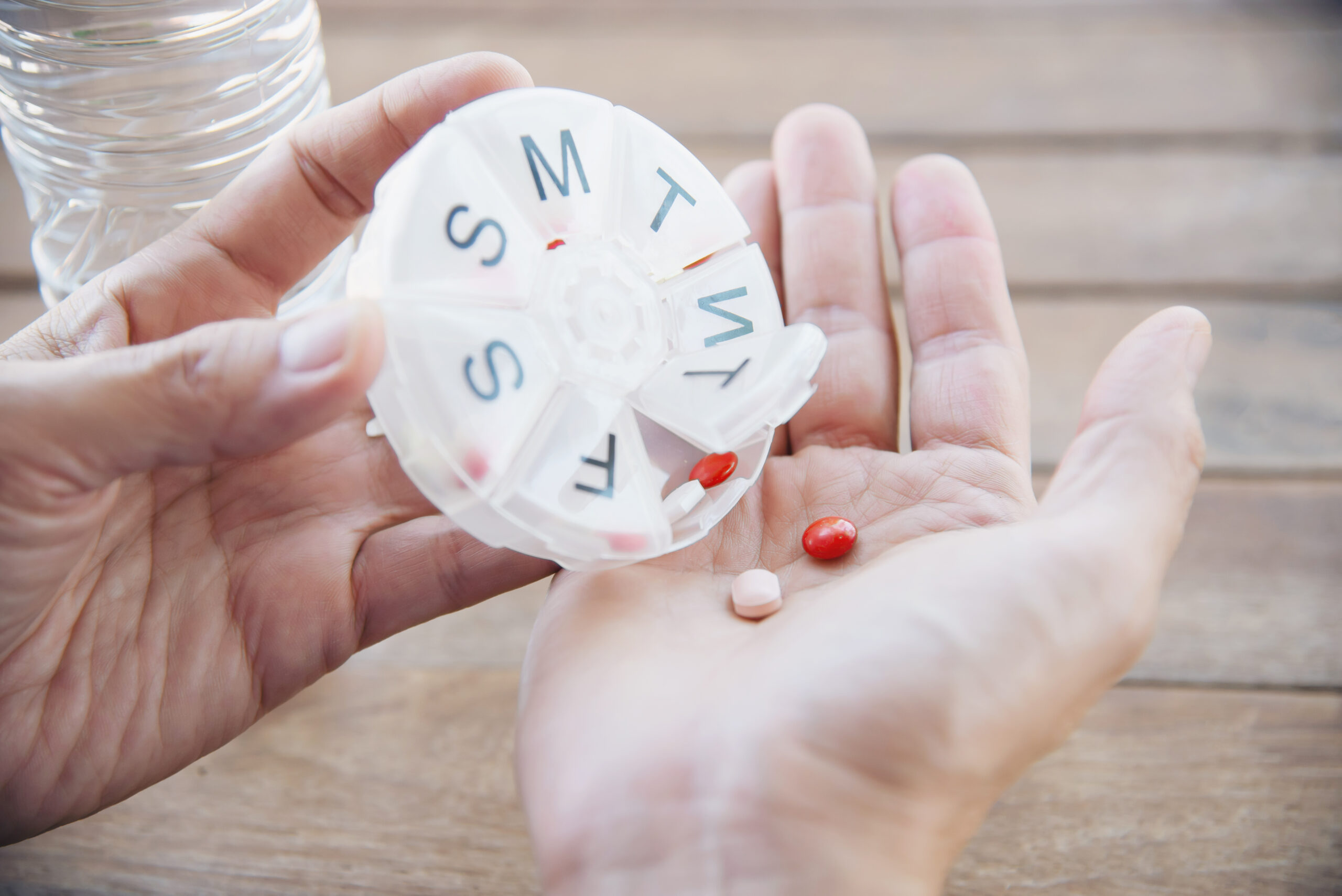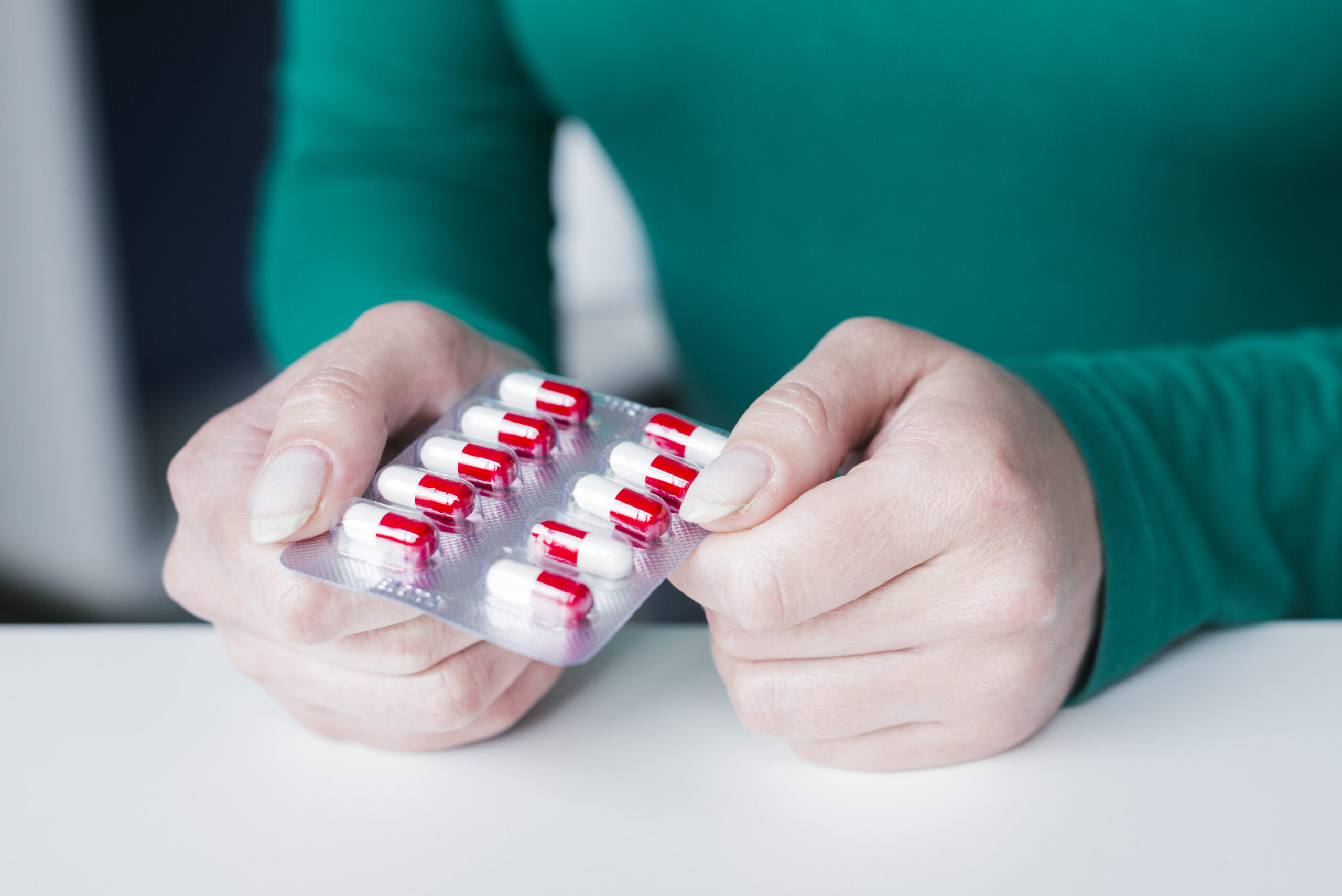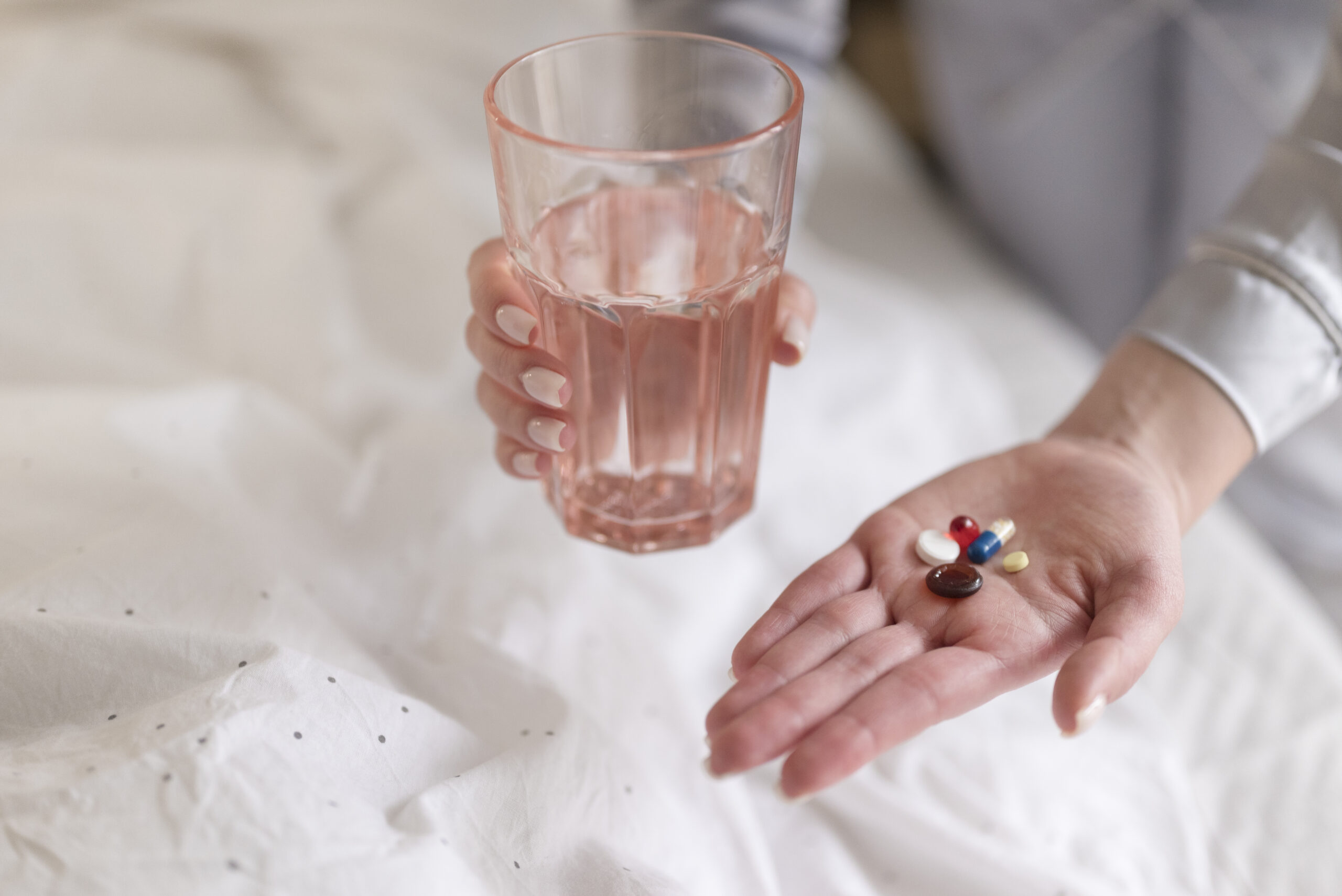Back To Top
Browse
Chlamydia is a dangerous sexually transmitted infection (STI) caused by the bacteria Chlamydia Trachomatis. It can affect both men and women and primarily causes inflammation and infection of the genital tract.
Chlamydia is primarily spread through unprotected vaginal, anal and oral sex with an infected person.
Chlamydia can go unrecognised in most people due to not causing symptoms. However it can lead to serious complications such as Pelvic inflammatory disease (for women), infertility (for both genders) and reactive arthritis (for both genders).Diagnosing if chlamydia is present and treating it as soon as possible is essential for good sexual health. You can now order home test kits and the different types of prescription antibiotic chlamydia pill online from Meds For Less discretely, easily and reliably, and have them delivered to your house within 24 hours.
Chlamydia (caused by the bacteria Chlamydia Trachomatis) is one of the most frequently sexually transmitted infection (STI). Chlamydia affects both men and women primarily in the genital tract, however, in rare cases it can affect the rectum, throat as well.
It is normally spready via unprotected vaginal, anal or oral sex with an infected person.
Many people with chlamydia do not experience symptoms, making it a silent but deadly infection, however the common symptoms that do occur include:
In males:
In females:
If you feel that you may have been infected by chlamydia through unprotected sex, please consult your healthcare provider for testing and discussion about treatment options.
Chlamydia is caused by the bacteria Chlamydia trachomatis which affects the cells lining the passages of various parts of the body; such as mainly the urogenital tract, but also the rectum, throat and eyes.
The Chlamydia bacteria is spread through mostly unprotected vaginal, anal and oral sexual contact with someone who has the infection. The bacterium can be spread through the exchange of body fluids during sexual intercourse even without the need for ejaculation.
Preventive measures against Chlamydia and other Sexually Transmitted Infections (STIs) involve good sexual hygiene and the use of barrier protection methods (such as condoms).
In rare cases, chlamydia can be transmitted directly to the eyes if touched by hands contaminated with affected body fluids. Good sexual and physical hygiene is important to protect against this.
Many people who have chlamydia do not experience symptoms, making it a silent but dangerous infection. When symptoms do present, they include the following.
In women:
Because many people with chlamydia are asymptomatic (don’t have symptoms), they can easily spread this infection to others, without even realising it. Therefore it is important for both your safety and those around you that you get tested if you believe you may have contracted chlamydia.
Undetected or untreated Chlamydia can cause serious complications even if it is asymptomatic. These complications can include pelvic inflammatory disease (PID) in women and Epididymitis (Inflammation around the testicles) in men. Other complications can also include reactive arthritis in both genders.
If you believe you may have contracted Chlamydia through unprotected sex, it is advisable to get tested whether you are symptomatic or not.
Since Chlamydia is a bacterial infection, it can be treated effectively using antibiotics. Common antibiotics used to treat chlamydia include:
Symptoms of Chlamydia typically resolve within 7 days of starting treatment. It is recommended that you take the full course of antibiotics prescribed even if symptoms disappear slightly earlier. This is to prevent chances of infection persisting, re-infection or developing antibiotic resistance.
You may also be advised to abstain from sexual activity till both you or your partner have completed the treatment course or wait till 7 days after taking the single dose of azithromycin.
Your healthcare provider may also recommend retesting for chlamydia after 3 months after taking chlamydia medication, just to ensure that the infection has been completely cleared and to check for infection.
You cannot buy over the counter medication for chlamydia as the recommended antibiotics (Azithyromycin and Doxycycline) require a prescription.
This is because symptoms of chlamydia closely resemble those of other infections of the genital area such as Urinary tract infections (UTIs) and hence an accurate diagnosis of chlamydia by a healthcare provider is essential.
A healthcare provider will also need to provide you with the appropriate medicine, and the appropriate dosing regimen of these antibiotics for you depending on to ensure your safety.
Buying chlamydia treatment online is a convenient and discreet option for those who need fast access to prescription medication. However, it’s important to ensure you are purchasing from a reputable and licensed provider.
You can legally purchase prescription meds for chlamydia online from trusted platforms like Meds For Less, which offers fast, reliable, and confidential home delivery.
Like most medicines, people taking chlamydia pills may also experience some side effects, however, these side effects don’t affect everyone and are usually mild if they occur.
The most common but mild side effects include nausea, diarrhoea, stomach-ache and nausea.
If you find these side effects intolerable, please consult your healthcare provider.
Rarer but more serious side effects of chlamydia meds include severe allergic reactions, severe diarrhoea, dizziness or fatigue.
If you experience any of the rare but more serious side effects of meds for chlamydia, please seek medical attention as soon as possible.
Chlamydia medications are highly effective in eliminating the infection, with most people experiencing symptom relief within seven days of starting treatment. Common medications for chlamydia, such as chlamydia pills like doxycycline or azithromycin, work by stopping bacterial growth, allowing the body to clear the infection. However, even if symptoms disappear, it is essential to confirm that the infection has been completely treated.
Healthcare professionals recommend retesting for chlamydia three months after completing a full course of medication of chlamydia, especially for individuals who had no symptoms initially. This is crucial because chlamydia meds treat the infection effectively, but reinfection can occur if a sexual partner remains untreated. If symptoms persist or return despite taking meds for chlamydia, it could indicate reinfection, incorrect medication use, or antibiotic resistance, requiring further medical evaluation.
To prevent reinfection, both partners should complete their prescribed chlamydia medications and avoid sexual contact until treatment is fully completed. Safe sexual practices and regular STI testing can help reduce the risk of recurrence and maintain overall sexual health.
While symptoms of Chlamydia may subside without antibiotic medication, the underlying infection remains in the body and does not go away on its own.
If left untreated, Chlamydia can lead to serious complications, even in people who feel fine and well.
In women these serious complications can include pelvic inflammatory disease, a condition in which there is pain, risk of infertility and ectopic pregnancy. In men, the complications can include epididymitis (inflammation of the epididymis), which can cause infertility. Reactive arthritis is a complication that can result from Sexually Transmitted Infections (such as chlamydia) and is common to both genders.
Yes. To prevent reinfection, both partners should take the prescribed medications to treat chlamydia at the same time, even if one partner has no symptoms. Untreated partners can continue to carry the bacteria and pass it back.
While using chlamydia pills, avoid sexual contact until the full treatment course is completed. Alcohol should be limited, and any other medicines should be discussed with your doctor to prevent interactions with chlamydia medications.
Yes. Missing doses or stopping treatment early may cause the infection to persist. For best results, take all meds for chlamydia exactly as prescribed, even if symptoms improve quickly.
It is generally advised to wait at least 7 days after finishing your chlamydia treatment medications before resuming sexual activity. This allows time for the infection to clear and reduces the risk of transmission.
Retesting is advised around three months after completing medication to treat chlamydia to ensure the infection is fully cleared and to detect possible reinfection, especially if a partner was not treated simultaneously.
| Cookie | Duration | Description |
|---|---|---|
| cookielawinfo-checkbox-analytics | 11 months | This cookie is set by GDPR Cookie Consent plugin. The cookie is used to store the user consent for the cookies in the category "Analytics". |
| cookielawinfo-checkbox-functional | 11 months | The cookie is set by GDPR cookie consent to record the user consent for the cookies in the category "Functional". |
| cookielawinfo-checkbox-necessary | 11 months | This cookie is set by GDPR Cookie Consent plugin. The cookies is used to store the user consent for the cookies in the category "Necessary". |
| cookielawinfo-checkbox-others | 11 months | This cookie is set by GDPR Cookie Consent plugin. The cookie is used to store the user consent for the cookies in the category "Other. |
| cookielawinfo-checkbox-performance | 11 months | This cookie is set by GDPR Cookie Consent plugin. The cookie is used to store the user consent for the cookies in the category "Performance". |
| viewed_cookie_policy | 11 months | The cookie is set by the GDPR Cookie Consent plugin and is used to store whether or not user has consented to the use of cookies. It does not store any personal data. |